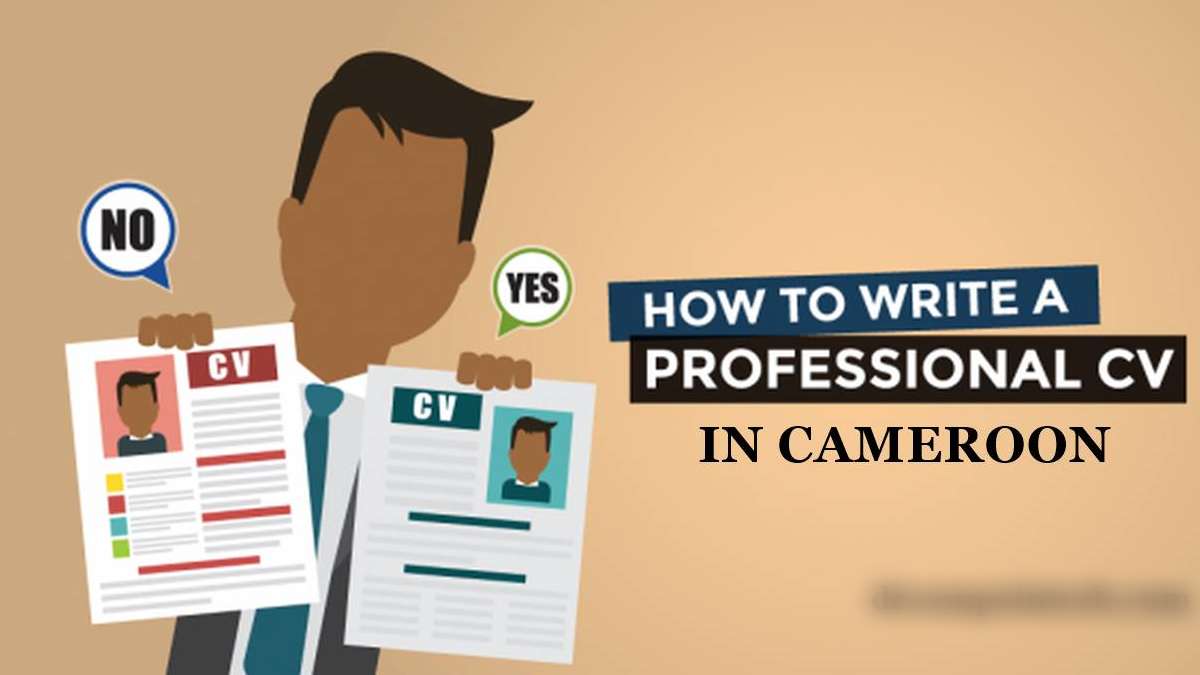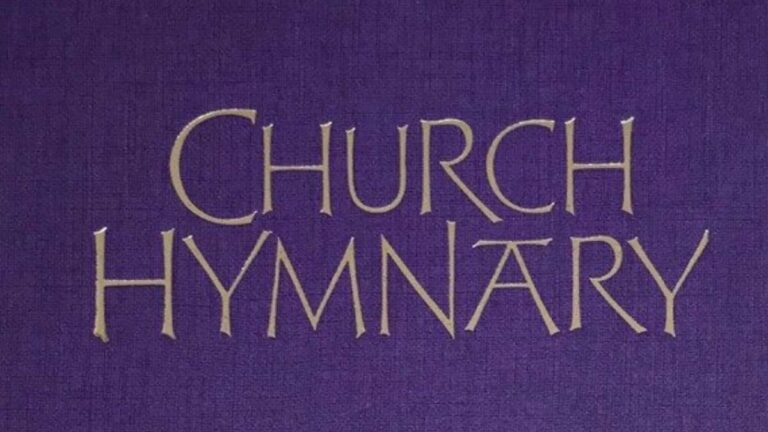As the number of graduates has soared exponentially in the last two decades, it has become increasingly crucial for recruiters to make the screening process faster and more efficient. Professional CV (Curriculum Vitae) writing has become essential to getting a job in Cameroon. It is now the need of the hour to have concise information regarding the applicant as quickly as possible.
To simplify further, let’s take an example. Say you want to hire a gardener out of fifty applicants. It will be a logical idea to sort them out into broad categories like those with previous experience and those who are new to the trade because, you see, it is not wise to let them all have a go at your lovely lawn.
In the corporate world, it has become increasingly important to have an insight into the applicant’s life so that the hiring decision can be made quickly and accurately suited to the work that needs to be done. Such understanding can be provided by a document famous as a Curriculum Vitae or CV.

What is a CV?
A CV is an applicant’s life summary containing academic and works experience-related information. In today’s fast-paced life, it is ideal for every graduate to prepare beforehand during their college days and add additional; skills as they are acquired by the student.
So as the student’s skills keep increasing, so does the content of the CV, with each new pointer becoming a unique aspect of the student’s life story.
CV stands for Curriculum Vitae.
What is the use of a CV?
Whenever we are required to send a CV to the hiring agency or prospective employer, what they actually need is an insight to build up an interview. Usually, questions thrown at you in the interview are majorly based on the pointers provided in a curriculum vitae.
So as emphasized by the language teachers in your college, including what you really must to prove yourself worthy of the work you so passionately seek.
What are the steps to follow when writing a professional CV?
A CV is also prepared with some basic thumb rules and format like any professional document. Some basic rules are as follows:
- Choose the best format with proper spacing and font because, as we all know, the first impression is the last. Many pre-set templates will get you going just fine, but always add some personality so that it isn’t monotonous to look at. Provide clear and concise information; no paragraphs needed; keep it crisp and pleasant.
- Provide full educational qualifications as well as your achievements in studies and sports
- Any work experience will always look good, be it working at a cafeteria, because, in the end, it will show your ability to work in any environment and role.
- Another tip is to always portray yourself as an outgoing person and team player, as companies nowadays look for candidates who can blend in quickly amongst their colleagues. And becoming one won’t hurt that much either, now will it?
What is essential in a CV?
A question may come up in readers’ minds what is so important in a CV? Is it an educational qualification? Or is it the co-curricular activities? Well, primarily, the question that needs solving is what kind of a person you actually are because we all vary in our skill sets. Thus, the CV must show our strengths and other facts, including our weaknesses.
The three following points need to be considered:
- What job do you seek, and is your skill set up to the mark?
- Whatever you are mentioning, what image will it create?
- Why should the assessor even take his time to go through your life story?
So the fundamental choice of importance is dependent upon the writer himself. If a top-grade IT graduate applies to get a job in a sports and nutrition establishment, he can be rejected due to a lack of sports and fitness in his life. Similarly, a top-class athlete cannot take up a job on extensive IT projects requiring in-depth knowledge of cyberspace. Choose wisely regarding what you want yourself to be seen as that’s the premium moment.
How many pages should a professional CV be made up of?
The general idea is that “Two Page CV is the best.” However, that depends on the individual. A college graduate with limited skill sets will only have limited data to present in his CV.
Similarly, someone with various skills cannot be restricted to even five pages( just saying).
A two-pager concept is that the task doesn’t become monotonous and makes the assessor stop reading. Thus I emphasized keeping it crisp and pleasant. No paragraphs are needed; let your facts prove your worth.
Suggested: Writing a Formal Letter in Cameroon.
What is the difference between a Resume and a CV?
A widespread misconception is that a CV And Resume are one and the same. But Stop right there; there’s more to it:
- CV is one’s life story’s summary, then the Resume is the preface. The difference lies in length too, but it isn’t just that simple.
- In a Resume, one can be as concise as possible, giving only the job-related skills that matter for which one is applying. If it’s an IT job, tell how much you’ve worked for computers, and if it’s an educational job, then tell only about the schools you taught and the results. Just remember one thing: mention facts and numerical to emphasize your point.
- On the other hand, in a typical CV, one can elaborate more on a single skill set they would like to show more predominantly. Many companies ask for a resume before calling for a CV just because of sheer concise information; a single piece of paper provides numbers and facts.
Conclusion
I hope you have understood everything about the document every corporation calls a CV. Many widely regard it as one’s mouthpiece, a piece of paper that talks about you before opening your mouth or even meeting your employer.
Suggested: Reasons to get a professional business blog up and running.










